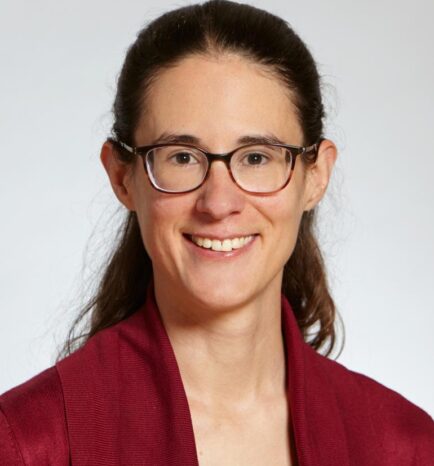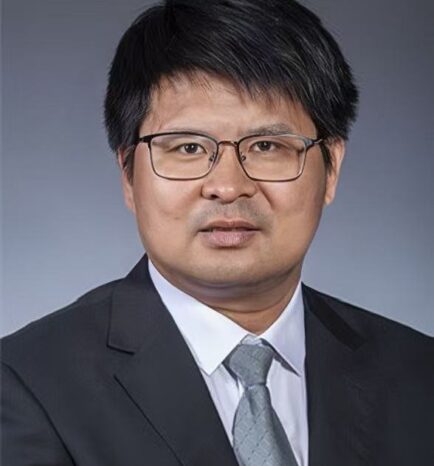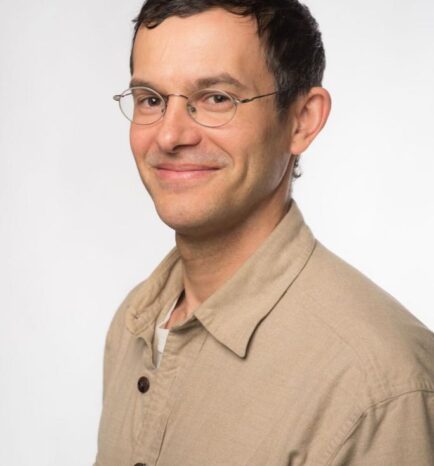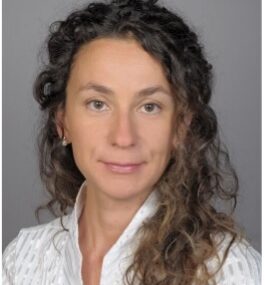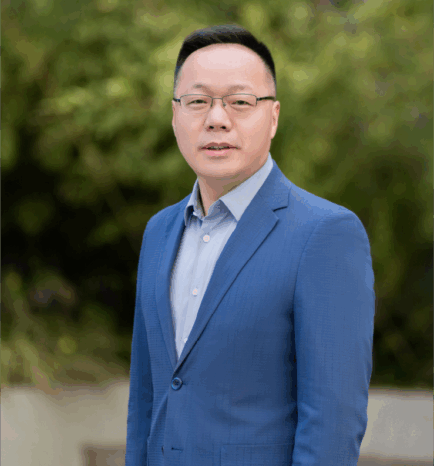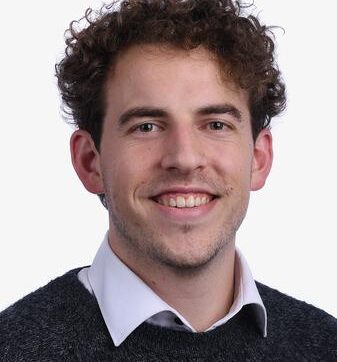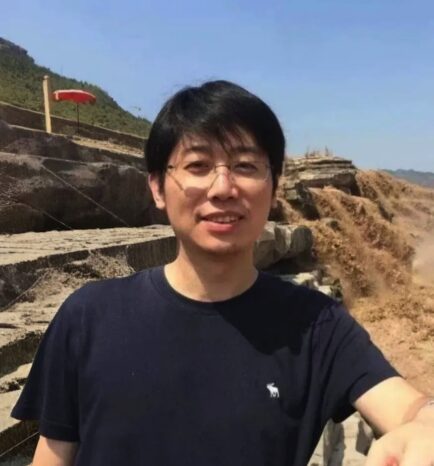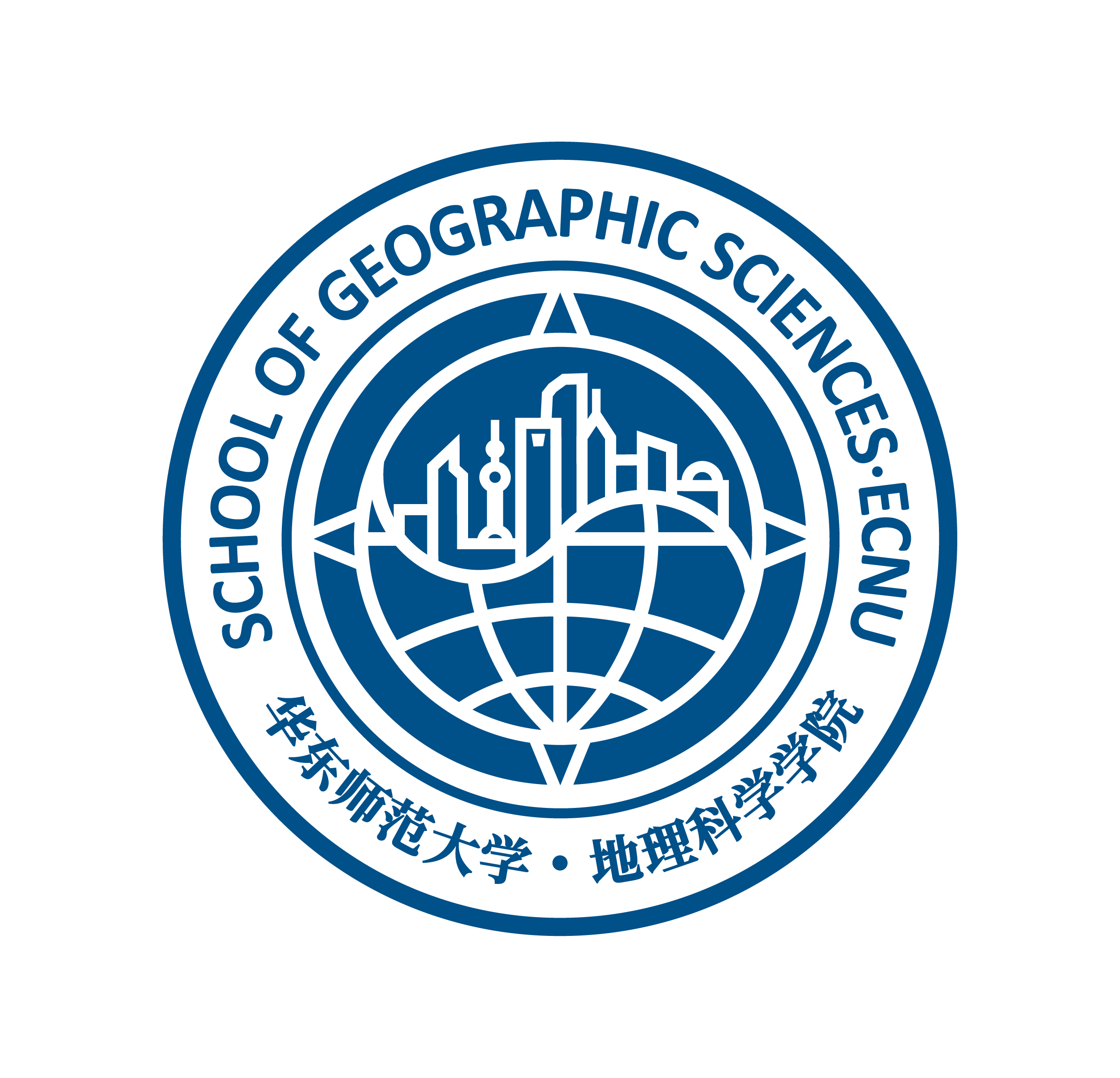Towards Resilient Futures: Sino-Swiss Forum on Next-Generation Disaster Risk Reduction
Climate change and rapid urbanization are amplifying the frequency and intensity of natural hazards worldwide. To build truly resilient societies, we must not only deepen our scientific understanding of these hazards but also strengthen social systems and harness advanced technologies to anticipate and reduce risks.
Switzerland and China bring complementary strengths to this challenge. Switzerland’s excellence in precision science, modelling, and environmental monitoring pairs with China’s experience in scalable solutions, community engagement, and rapid response capacity. Together, they are uniquely positioned to co-create next-generation solutions for disaster risk reduction (DRR) that integrate science, society, and technology.
The Towards Resilient Futures Forum at ECNU will gather leading experts from both countries for an afternoon of keynotes and interactive discussions. The program follows a narrative journey across four interconnected themes:
- Understanding Hazards – advancing scientific knowledge of extreme events
- Geospatial Knowledge and Community Resilience – enhancing community resilience and governance
- Transforming Risk Governance – sharing risk perception, communication, and policy for systemic resilience
- Harnessing Technology – applying data, modeling, and digital tools to reduce risk
Program
14:00 – 14:15 Welcome Remarks
- Representative, East China Normal University
- Camille Burki, Deputy CEO, Swissnex in China
14:15 – 15:15 Segment I – From Hazards to Social Resilience
Understanding Hazards
-
Prof. Manuela Brunner, ETH Zurich / WSL Institute for Snow and Avalanche Research SLF: Water-related Extremes in Mountain Regions in a Warming World
- Prof. Fubao Sun, Institute of Geographic Sciences and Natural Resources Research, CAS: Global Flood Risk in a Changing Climate
Geospatial Knowledge and Community Resilience
- Dr. Justin Veuthey, University of Geneva: Inequality, Social Capital, and Disaster Risk Reduction
- Prof. Jie Shen, Nanjing Normal University: Cartography and Geographic Information Science in disaster risk reduction
15:15 – 15:35 Interactive Panel & Q&A
- Moderated discussion with the four speakers and audience engagement.
15:35 – 15:55 Coffee Break
15:55 – 16:55 Segment II – From Technology to Risk Governance
Transforming Risk Governance
- Dr. Anna Scolobig, University of Geneva: Risk Governance: Trends, Gaps and Future Directions
- Prof. Jun Wang,East China Normal University: Dynamic Adaptive Policy Pathways for Flood Adaptation in Shanghai under Deep Uncertainty
Harnessing Technology
- Mathias Niffeler, Empa: DUCT: A tool for Addressing Urban Heat Islands before They Occur – Lessons from Physics-based Urban Modelling
- Prof. Jie Yin, East China Normal University: AI, big data, and early warning systems for urban resilience in the face of climate extremes
16:55 – 17:15 Interactive Panel & Q&A
Moderated discussion with the four speakers and audience participation.
17:15 Closing Remarks
Speakers
-
![]()
Bio
Manuela Brunner
Assistant Professor, Institute for Atmospheric and Climate Science at ETH Zurich; WSL Institute for Snow and Avalanche Research SLF in DavosManuela Brunner is an assistant professor at the Institute for Atmospheric and Climate Science at ETH Zurich and the WSL Institute for Snow and Avalanche Research SLF in Davos. Before moving to Davos, she studied Geography and Climate Sciences at the University of Bern, obtained a PhD from the Universities of Zurich and Grenoble-Alpes, and did postdocs at the Swiss Federal Institute for Forest, Snow and Landscape Research WSL and the National Center for Atmospheric Research in Boulder Colorado. Her research focuses on extreme water-related events such as floods, droughts, riverine heatwaves, and wildfires. She studies the hydro-meteorological drivers of extreme events, develops methods for their prediction, and assesses changes in the water cycle and extremes. Her group at ETH and SLF quantifies the hazard potential and water availability in mountain regions under global change.
-
![]()
Bio
Fubao Sun
Institute Director/Research Fellow (Professor), Institute of Geographic Sciences and Natural Resources Research, CASSun Fubao is currently the director of the Institute of Geographic Sciences and Natural Resources Research, Chinese Academy of Sciences, a researcher and doctoral supervisor. Received a bachelor’s and a doctoral degree from Tsinghua University. Mainly engaged in research on the water and heat patterns of the land surface and global change disaster risks. He is currently the vice president and secretary-general of the Geographical Society of China, the chief editor of “Geographical Research”, the executive editorial board member of Environmental Research Letters, and the editorial board member of Earth System Dynamics, etc. Has presided over scientific research tasks such as the Strategic Priority Research Program of the Chinese Academy of Sciences, key projects of the National Key Research and Development Program, the National Science Fund for Distinguished Young Scholars, and the National High-level Talent Special Support Program. He has published over a hundred papers in international academic journals and has received the Outstanding Young Scientist Award from the European Society of Geosciences and the Excellent Final Assessment of overseas Talents introduced by the Chinese Academy of Sciences. Has taught at the University of Tokyo and the Australian National University. He once served as the vice president of Hexi University (on secondation), deputy director and deputy director of the Academic Committee of Xinjiang Institute of Ecology and Geography, Chinese Academy of Sciences, director of the National Key Laboratory of Ecological Security and Sustainable Development in Arid Areas, and director of the Aksu National Field Scientific Observation and Research Station for Farmland Ecosystem.
-
![]()
Bio
Justin Veuthey
Associate Researcher, University of GenevaJustin Veuthey is interested in disaster prevention: what individuals and collectivities can do to reduce the risk of catastrophes before hazards come along. He is a strong believer in the adage that “an ounce of prevention is worth a pound of cure.” He is concerned with issues of poverty, marginalization, and social capital, while also being increasingly interested in how emerging technology is changing societies in different parts of the world.
Justin was a journalist for several years before getting involved in international cooperation. He has studied and worked in Europe, Asia, and the Americas. After working with the Swiss government’s humanitarian aid agency as well as small NGOs, he completed a PhD in geography focusing on how subsistence farmers in the Philippines were preparing for natural hazards. During his doctoral research he had the pleasure of living and working in remote parts of the Filipino archipelago for two years.
-
![]()
Bio
Jie Shen
Professor, Doctoral Supervisor, School of Geography, Nanjing Normal UniversityShen Jie, female, Doctor, professor, doctoral supervisor. Mainly engaged in research on risk and disaster management mapping visualization, indoor and outdoor navigation maps, design and production of narrative maps based on VR/AR, and sustainable development mapping and services based on big data. She serves as the chairperson of the Early Warning and Disaster Management Cartography Professional Committee of the International Cartographic Association, a member of the Map Knowledge Working Group of the International Cartographic Association, a member of the Disaster Reduction Working Group of the Smart City Infrastructure Committee of the International Organization for Standardization, and a member of the Teaching Steering Committee for Surveying and Mapping Specialties of the Ministry of Education. She has successively presided over two inter-governmental international scientific and technological innovation cooperation projects under the National Key Research and Development Program and four projects funded by the National Natural Science Foundation of China. More than 60 papers have been published in domestic and international journals, 6 national invention patents have been authorized, and 15 computer software Copyrights have been obtained. Recipient of the title of Teaching Master of Jiangsu Province. She once visited and studied at the Technical University of Munich in Germany, the University of Hannover in Germany, and the University of California, Santa Barbara in the United States.
-
![]()
Bio
Anna Scolobig
Senior Researcher, University of GenevaDr. Anna Scolobig is a social scientist, working on environmental change, risks and disasters. With 20 years of experience on social vulnerability, climate adaptation and risk governance, her work focuses on understanding how people live with risk and on improving communication, policies and financial mechanisms to support decision making. After receiving her PhD on social vulnerability and resilience to extreme weather events at the University of Udine, Italy she conducted research for institutions in Germany, Austria, United Kingdom and Switzerland. In her work she investigates the social, cultural, political and institutional factors that influence risk related attitudes, behaviors, and governance processes. Her research also supports climate risk reduction strategies, policy and decision-making through processes that integrate technical options and stakeholder perspectives, for example to co-design risk management plans or people centered warning systems. Her work spans several countries in Europe, Asia, Andes, and Caucasus. She has recently led studies across Europe and China to explore the transformative adaptation potential of nature-based solutions. Among her professional activities, she acted as G20 European Commission (EC) expert for Science Engagement Recommendations and she has been EC contracted expert for several proposal and project review (e.g. for the European Research Executive Agency).
-
![]()
Bio
Jun Wang
Dean of College, Professor, Doctoral Supervisor, School of Geographic Sciences, East China Normal UniversityWang Jun, Ph.D., professor and doctoral supervisor, is the dean of the School of Geographical Sciences at East China Normal University, the executive director of the Institute of National Security and Emergency Management at East China Normal University, a specially-appointed professor of the Chang Jiang Scholars Program, and a Chang Jiang Young Scholar. Mainly engaged in research on urban natural disaster risks and emergency management. Concurrently serves as the Vice chairman and Executive Director of the Geographical Society of China, Deputy Director of the Professional Committee on Natural Disaster Risk and Comprehensive Disaster Reduction of the Geographical Society of China, and Deputy editor-in-chief of Frontiers of Earth Science, an international SCI journal published by Higher Education Press. Editorial board members of Journal of Coastal and Riverine Flood Risk and Catastrophology, etc. He has presided over 5 projects funded by the National Natural Science Foundation of China and 1 major project funded by the National Social Science Foundation of China. He has also participated in over 10 projects including major national science and technology projects, key research and development plans, key projects of the National Natural Science Foundation of China and international cooperation projects. More than 190 academic papers have been published, 3 academic books have been authored, and over 20 decision-making consultation reports have been adopted. He/She has won the Second Prize of Shanghai Science and Technology Award (Natural Science) (ranked first), the First Prize of Shanghai Philosophy and Social Sciences Outstanding Achievements in the Monograph category (ranked first), the National Geographic Science and Technology Award for young Scholar, the Shanghai Science and Technology Rising Star Talent Program, etc. His/Her achievements have been selected as one of the top ten research advances in Chinese geography.
-
![]()
Bio
Mathias Niffeler
PhD Student, EmpaMathias Niffeler is a PhD Student at the Urban Energy Systems Laboratory of Empa and acts as the CTO of uuen Pte Ltd, the company behind CEA Pro, a cloud-based modelling software for sustainable urban design. Mathias dedicates his time to improving access to science-based planning and design of urban energy systems, offering policy and decision makers actionable insights for climate change adaptation and mitigation. From 2021-2024 Mathias contributed to the Cooling Singapore project, a research collaboration between ETH Zurich, MIT, Cambridge, NUS and the Singapore Management University aimed at developing the Digital Urban Climate Twin (DUCT). The DUCT is designed to help Singaporean authorities determine the effect of urban design choices on local heat islands and extreme heat events.
-
![]()
Bio
Jie Yin
Professor, Doctoral Supervisor, School of Geographic Sciences, East China Normal UniversityYin Jie, a professor and doctoral supervisor at the School of Geographical Sciences, East China Normal University, mainly focuses on the research of urban flood disasters. More than 60 papers have been published in domestic and international academic journals such as Nature, Nature Sustainability, and Science China: Earth Sciences. The research results have been highlighted by Nature Asia. The independently developed real-time urban flood simulation system has supported flood early warning, disaster insurance and disaster situation verification work in multiple key cities. Several special reports on flood control and disaster reduction decision-making consultation written have been adopted by relevant departments of the state and Shanghai. He successively won the Science and Technology Award for young scholars of the Geographical Society of China in 2019, the Top Ten Research Advances in Chinese Geography in 2021, and the Second Prize of the Natural Science Award of the Shanghai Science and Technology Award in 2024. 个人简介
